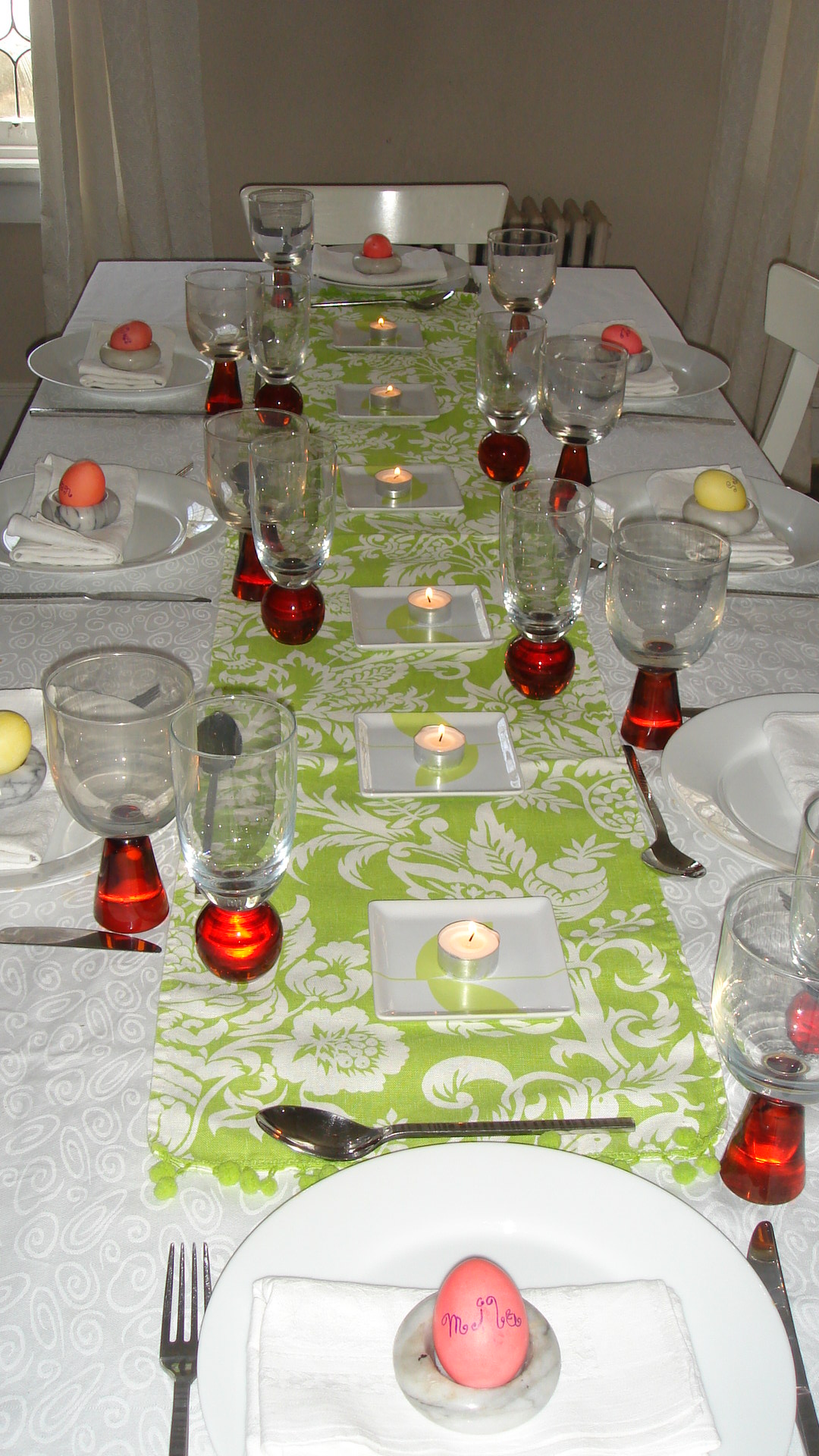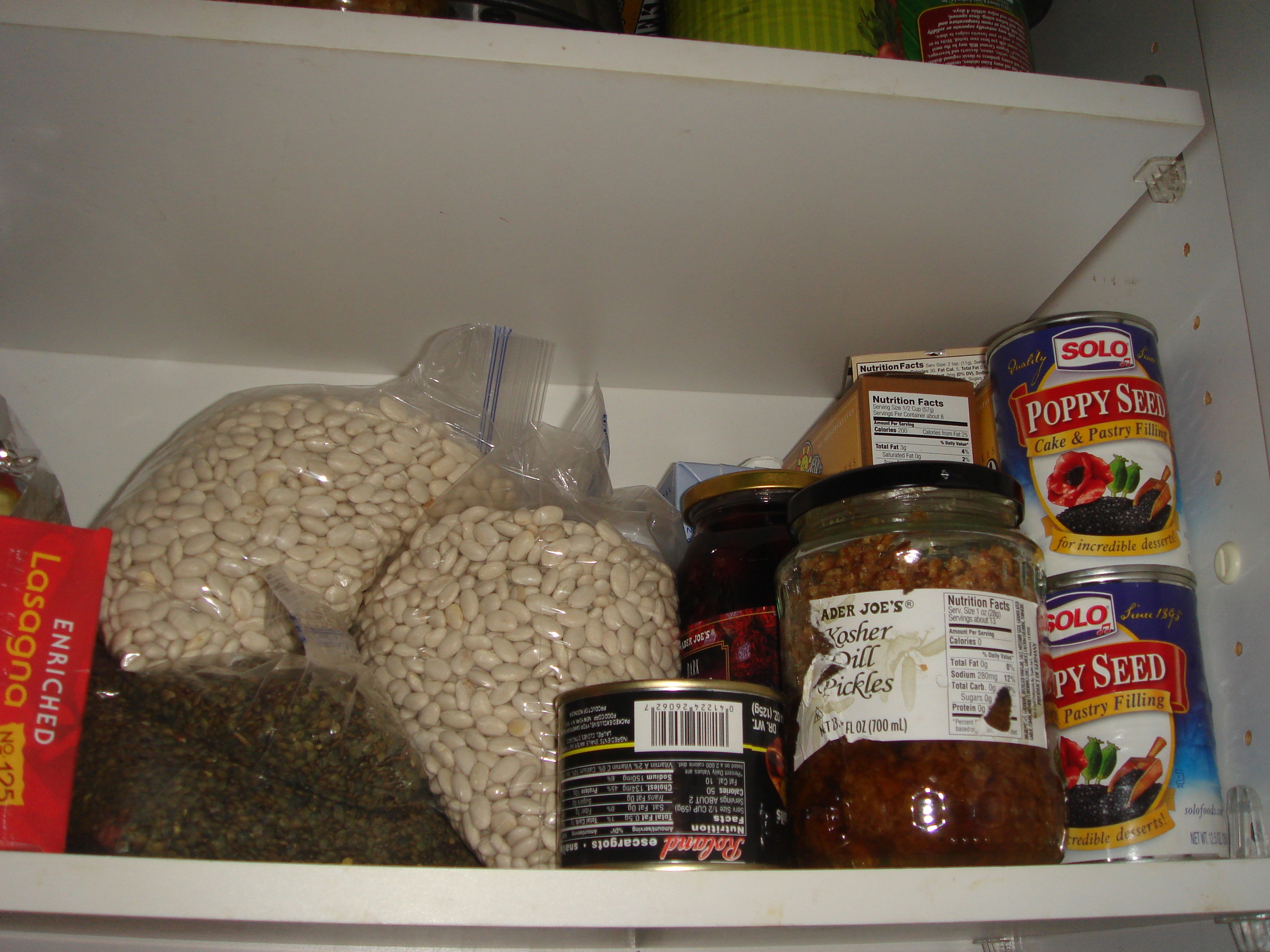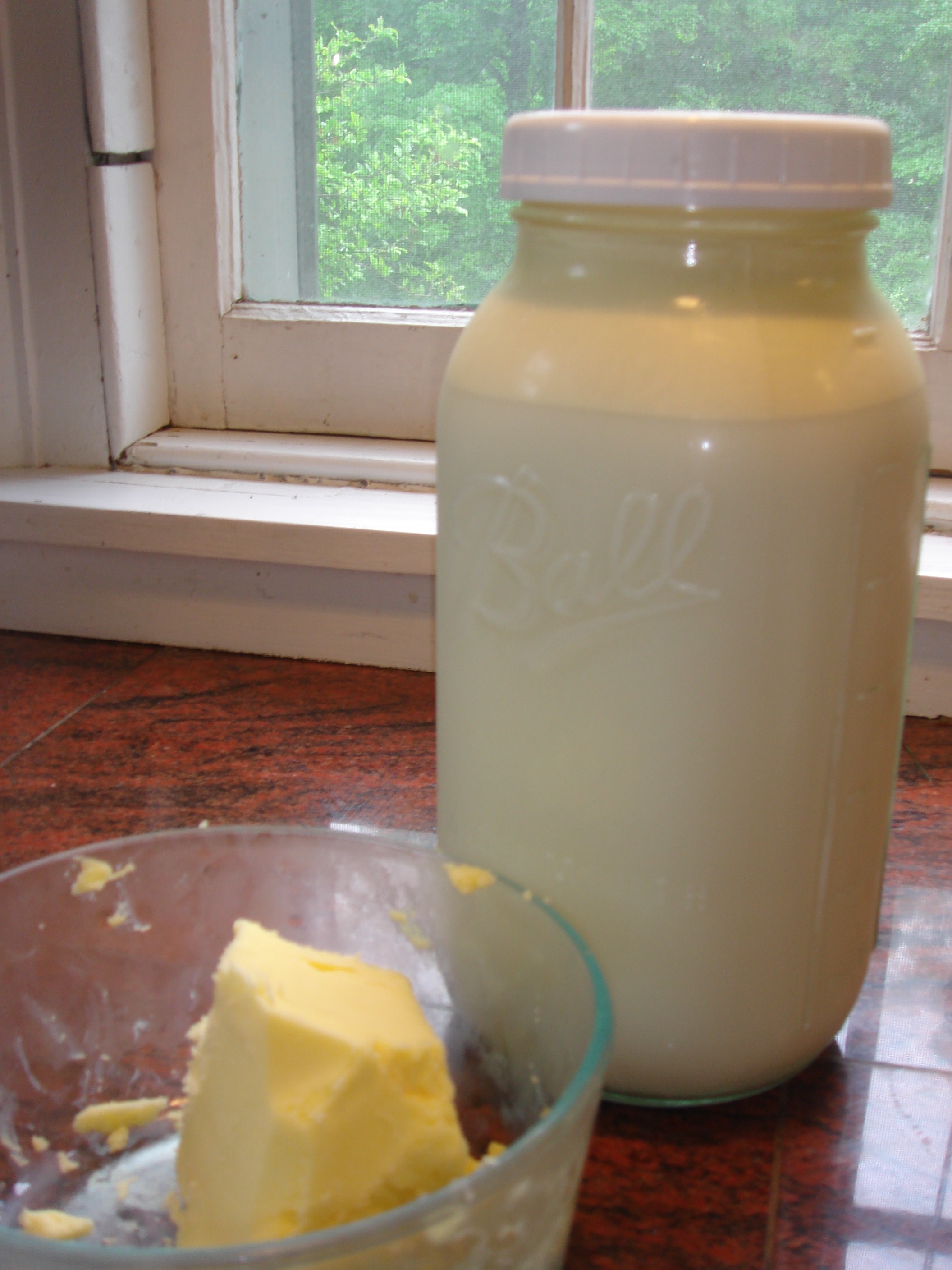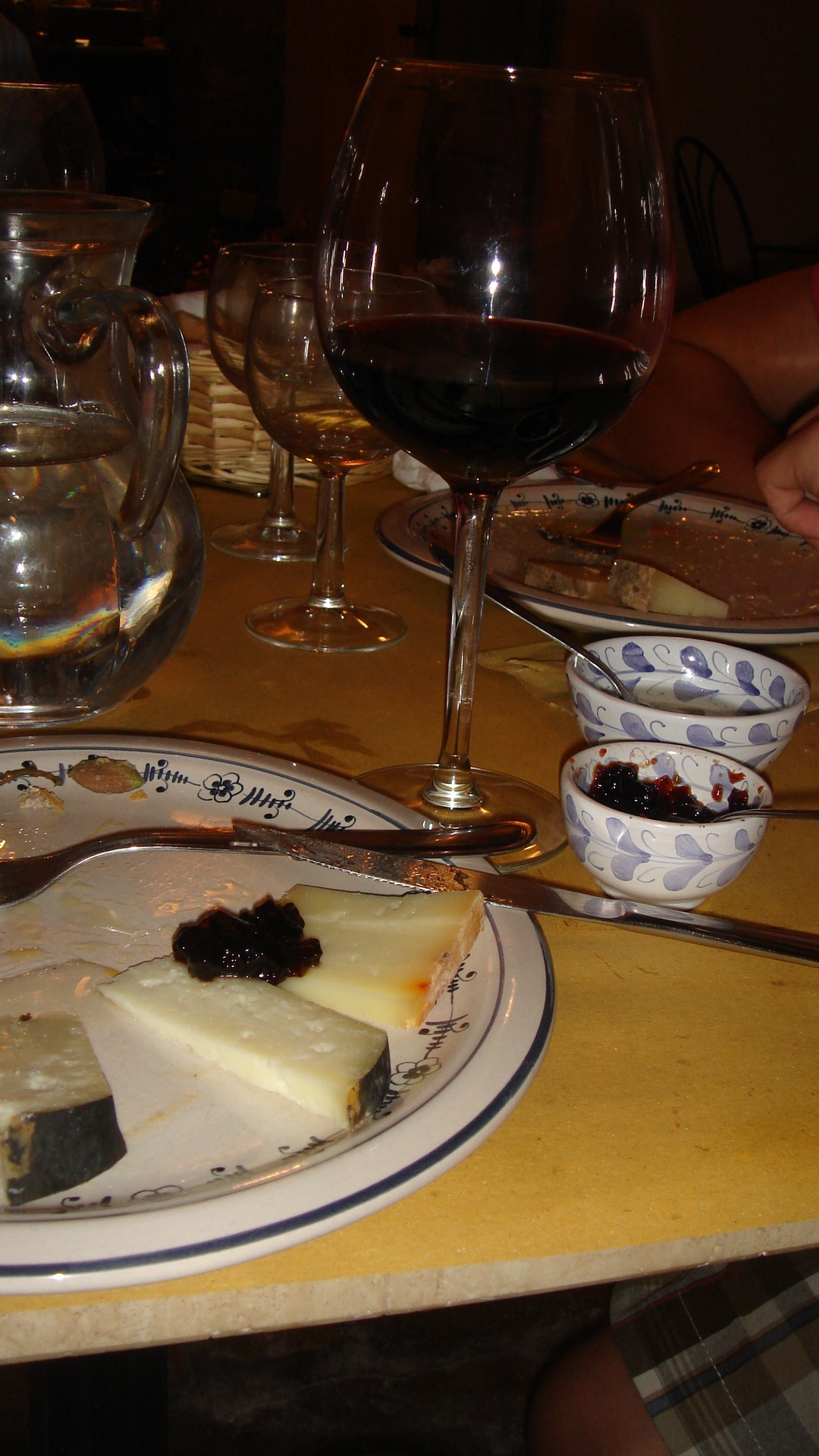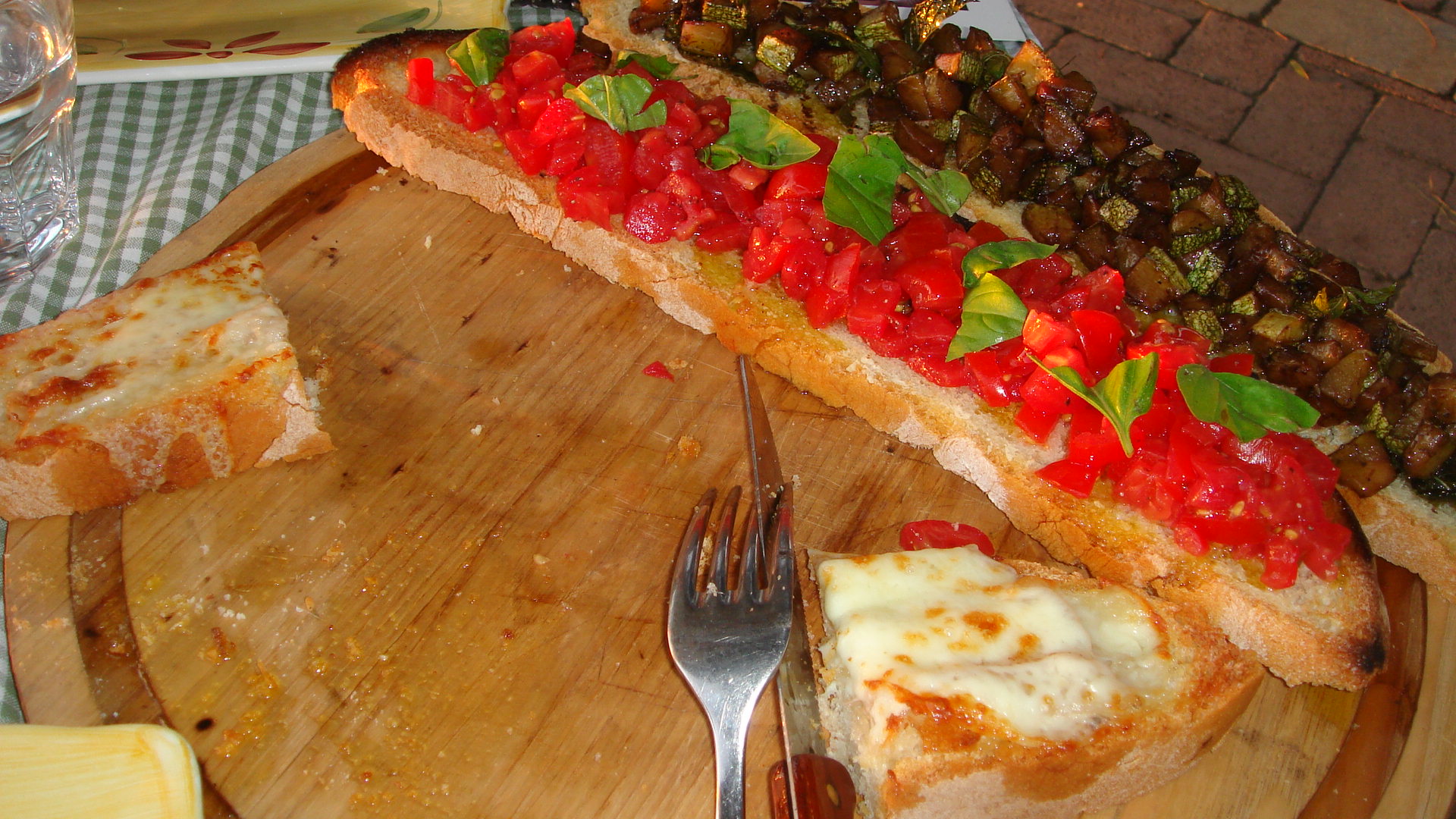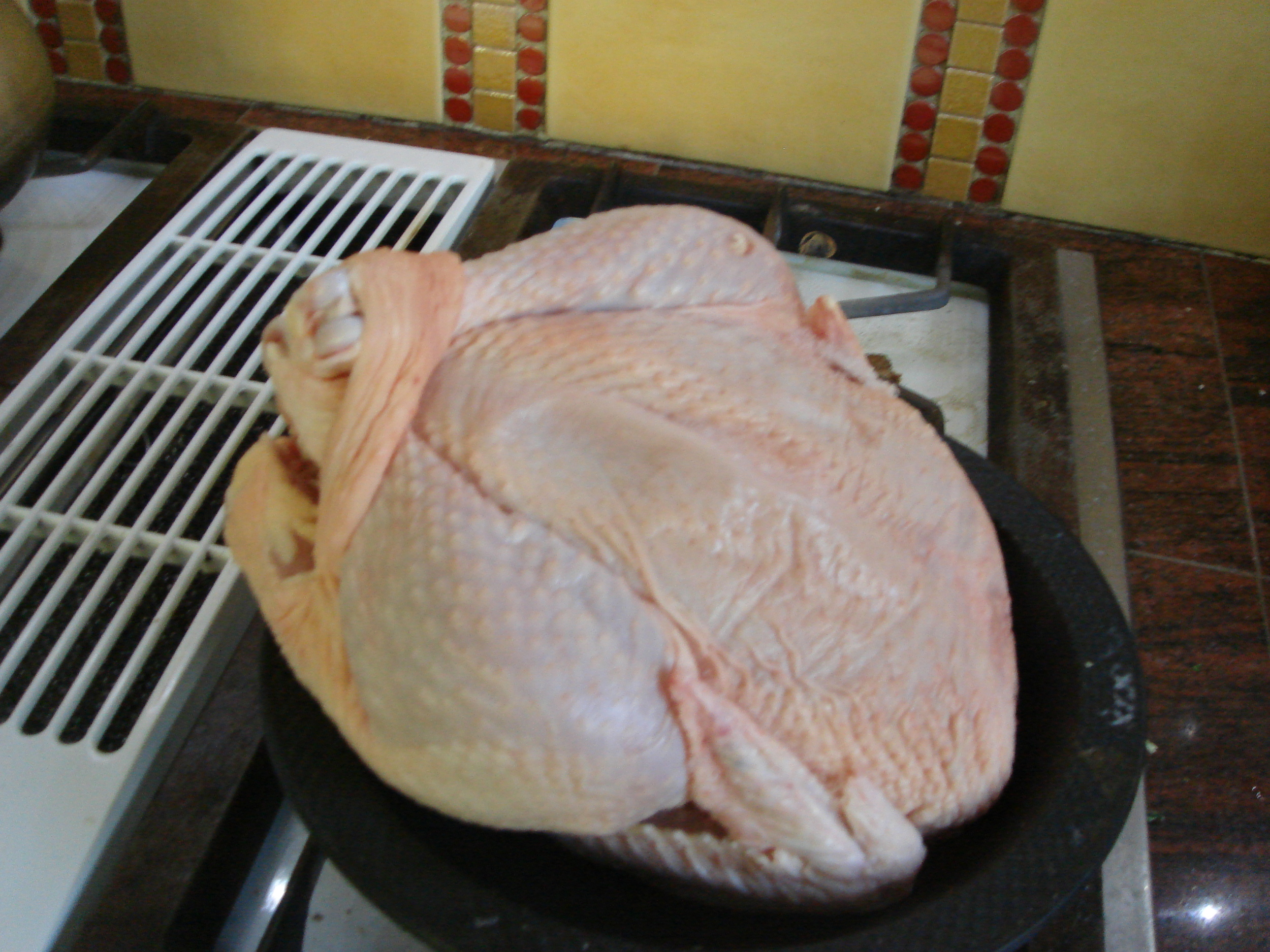I love food, I love to travel, and I love to try food from other places in the world. Bill Clinton said "we need to look at how people do things in other places." Of course he did not say that with regard to food. He said it at the sustainability conference about expanding our insular and one-sided perspective on politics, energy policy and sustainability here in the US. But the idea is the same. Fast food joints turn out the same food whether you are in Paris, Los Angeles or New York. Whether food or Western culture at large, homogenization simply goes against nature's grain, because nature is all about diversity and increasing complexity with ongoing development. And what we eat depends on what grows where we live. Different soil, different climate, different culture, different ecosystems create different foods, which in turn allow us to create completely different dishes.
What fear of life let's us be comforted by the knowledge that we can eat the same hamburger and French fries even if we travel halfways around the globe? I will scream if one more pizza joint, one more Italian restaurant or Chinese take-out opens in our town. Instead, give me Indian, Thai, a fish restaurant, real Chinese, or true local American.
It's about discovery, it's about opening up to new tastes, new experiences, new ingredients, a zest for life and all it has to offer. I tried duck tongues (tough and
chewy) and chicken feet (didn't like those) in China, green papaya salad in the Phillipines (delicious), chirimoyas in Peru (creamily yummy), jackfruit in Hong Kong (so so; ripe ones are so smelly they are forbidden on the Singapore subway), and of course frogs' legs and escargots in France (love them).
Let's celebrate the diversity of life, let's discover what people have to say in other places, how they eat in other places, how they do things differently from us. Why must we be politically correct? Why can't we live with our differences and appreciate them? Discuss them? Learn from them? We need to accept that the entire world cannot be homogenous. Imagine if the whole country were Republican? Or Democrat? If everyone wore the same outfits? Boring.



